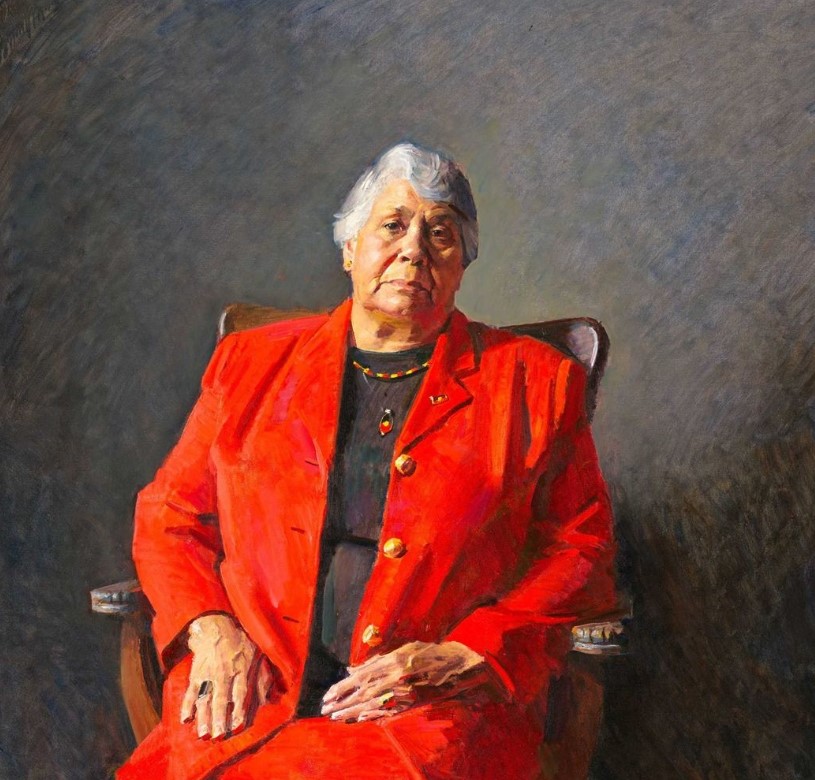Lowitja O’Donoghue, a Yankunytjatjara woman and a prominent figure in the Aboriginal rights movement, passed away peacefully on Sunday, February 4, 2024, at the age of 91. She was surrounded by her immediate family on Kaurna Country in Adelaide, South Australia.
O’Donoghue was a member of the stolen generations, who were forcibly removed from their families and communities by the Australian government and placed in institutions or foster homes. She was taken from her mother at the age of two and raised by missionaries at the Colebrook home for half-caste children. She did not know her birthdate or her ancestry until later in life.

Despite the hardships and discrimination she faced, O’Donoghue pursued her education and became the first Aboriginal person to train as a nurse at the Royal Adelaide Hospital. She also became the first Aboriginal person to be named a Companion of the Order of Australia, and the first to address the United Nations General Assembly.
A Champion for Aboriginal Rights and Reconciliation
O’Donoghue dedicated her life to advancing the rights, health, and wellbeing of Aboriginal and Torres Strait Islander peoples. She was a founding member and the first chairperson of the National Aboriginal Conference, the first national representative body for Indigenous Australians. She also served as the inaugural chairperson of the Aboriginal and Torres Strait Islander Commission, the first statutory authority for Indigenous affairs.
O’Donoghue was a vocal advocate for land rights, self-determination, and constitutional recognition of Indigenous Australians. She was instrumental in the 1967 referendum, which granted citizenship rights and voting rights to Aboriginal people. She was also a key figure in the 2008 apology to the stolen generations, which she accepted on behalf of her people from then prime minister Kevin Rudd.
O’Donoghue was a strong supporter of reconciliation between Indigenous and non-Indigenous Australians. She believed in the power of dialogue, education, and mutual respect to heal the wounds of the past and create a more united and inclusive nation. She was awarded the Australian of the Year in 1984 and the Sydney Peace Prize in 1999 for her efforts to promote peace and justice.
A Legacy that Lives On
O’Donoghue was a matriarch of her family and a role model for many. She was loved and admired by her relatives, friends, and colleagues, who described her as a formidable, courageous, and compassionate leader. She was also respected and honored by the wider Australian community, who recognized her as one of the most influential and inspiring Aboriginal leaders in history.
O’Donoghue’s legacy will continue through the work of the Lowitja O’Donoghue Foundation, which was established on her 90th birthday. The foundation aims to support the education, leadership, and empowerment of Aboriginal and Torres Strait Islander young people. It also seeks to preserve and celebrate O’Donoghue’s life and achievements through various initiatives and events.
O’Donoghue’s family thanked and honored her for all that she had done for her people and her country. They said they were proud of her and would miss her dearly. They also asked for privacy and respect during this difficult time.







